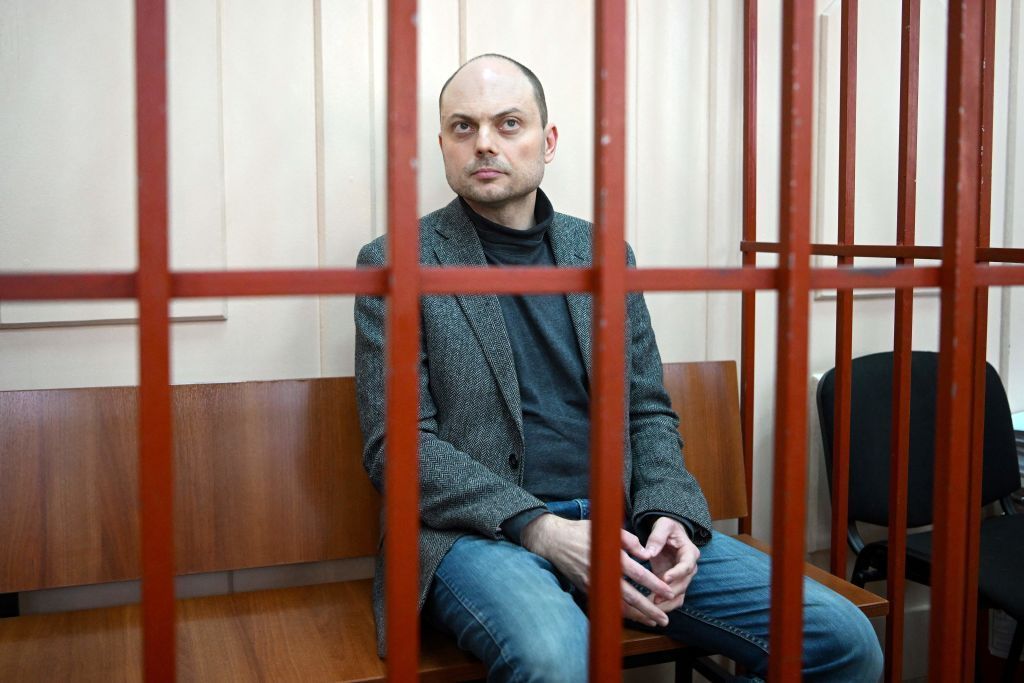Russian prison officials announced that Vladimir Kara-Murza, a journalist and opposition figure, was being transferred from the penal colony where he was held to an unknown location. Kara-Murza, who has criticized Russia’s actions in Ukraine and advocated for Western sanctions against Moscow, was sentenced to 25 years in prison in April 2023. He is among many dissenters being detained during President Vladimir Putin’s crackdown on political opposition. His lawyer reported that the defense team was denied access to Kara-Murza at a hospital in Omsk for two days, raising concerns about his well-being. Speculation has arisen about a possible prisoner swap involving Kara-Murza and other political prisoners in Russia, including opposition figures and activists who have also disappeared from their colonies.
Amidst these developments, Ukraine’s President Volodymyr Zelensky stated that Russia’s presence is necessary at a second peace summit in November to end the ongoing war. Zelensky emphasized the importance of Russia’s involvement in the peace process, aligning with the views of Ukraine and other countries. The conflict in Ukraine has been a major international concern, and resolving it requires the participation of all relevant parties, including Russia. Zelensky’s comments reflect the urgency of addressing the war and seeking a peaceful resolution through diplomatic means.
The sudden disappearance of political prisoners in Russia, including Kara-Murza and others, has raised alarm among lawyers, prisoners’ relatives, and journalists. This unusual move by Russian authorities has sparked speculation about the possibility of a significant prisoner swap involving the United States, Germany, and other countries. The lack of communication and access to these prisoners has heightened concerns about their safety and well-being. The situation highlights the broader issue of human rights violations and political repression in Russia under President Putin’s regime, drawing attention to the need for international intervention and advocacy.
The uncertainty surrounding Kara-Murza’s transfer and the disappearance of other political prisoners underscore the challenges facing dissenters and activists in Russia. The crackdown on political opposition and the suppression of freedom of expression have intensified, leading to increased tensions and concerns about the safety of those detained. International pressure and solidarity are crucial in supporting independent journalism and defending human rights in Russia. The role of civil society, media organizations, and advocacy groups in raising awareness and advocating for the release of political prisoners is vital in addressing these issues and fostering a more transparent and democratic society.
As the situation in Russia continues to evolve, the plight of journalists, opposition figures, and activists like Kara-Murza highlights the ongoing struggle for freedom and democracy in the country. The need for solidarity and support from the international community to combat political repression and uphold human rights remains critical. By joining the fight for independent journalism and standing up against authoritarianism, individuals can contribute to promoting a more just and inclusive society in Russia and beyond. The ongoing developments in Kara-Murza’s case and the broader context of political repression in Russia serve as a call to action for individuals and organizations committed to defending democratic values and freedoms worldwide.


